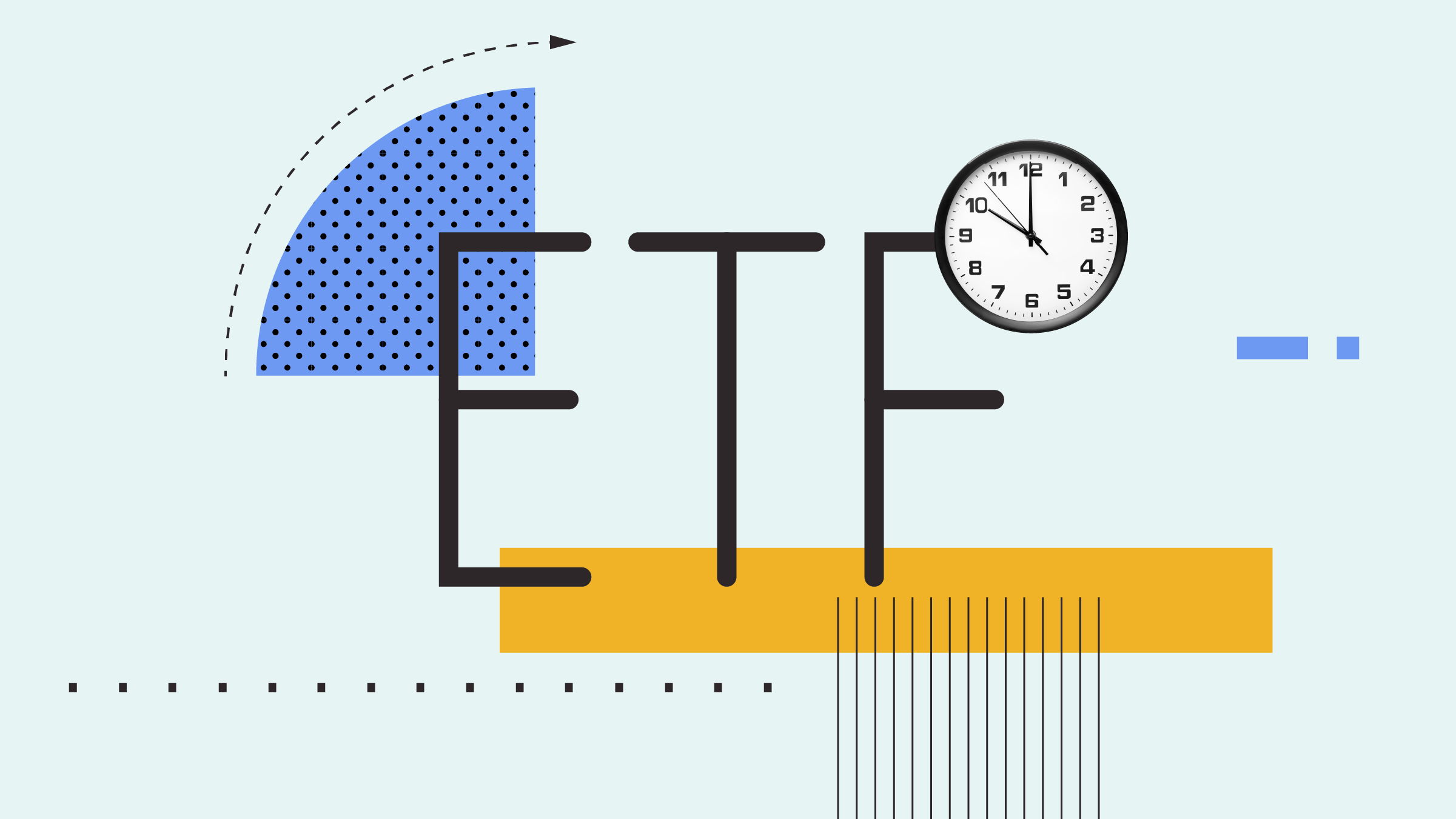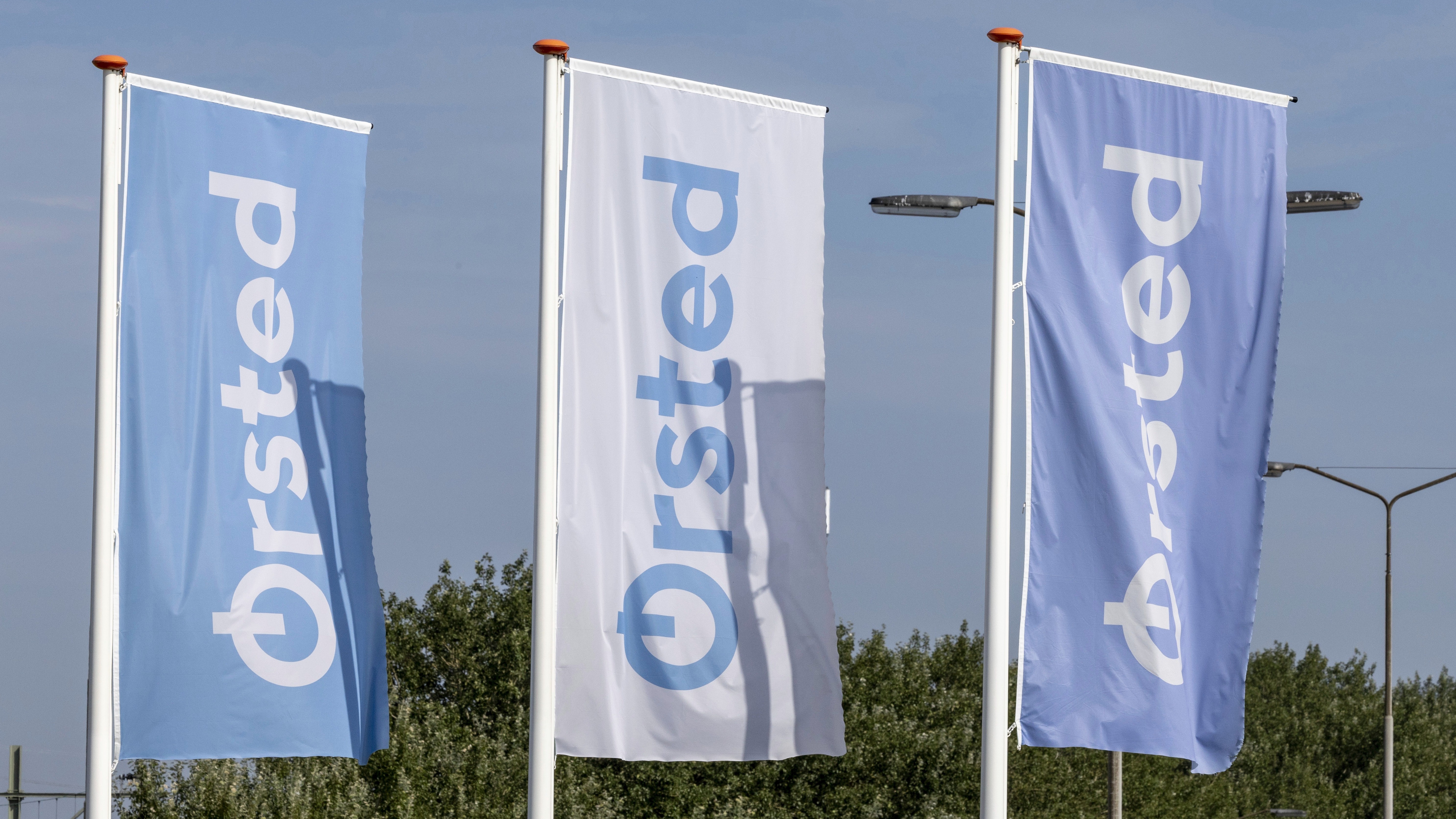
The chief executive of Hargreaves Lansdown has apologised for the “distress, uncertainty and inconvenience" caused to its customers who invested in the Woodford Equity Income fund.
In a letter to the Treasury Select committee, chief executive Chris Hill said Hargreaves Lansdown had not been told the fund had twice breached the limit on unquoted stocks and offered details on how the controversial Wealth 50 best buy list is compiled.
Hill insisted there were “no commercial conflicts of interest” in the way Hargreaves Lansdown earns its fees: “Hargreaves Landsown is paid directly by our clients, not by the fund managers.”
He set out the fees that Hargreaves had earned from the equity income fund: in 2018 this stood at £7.4 million, which was 1.6% of the platform’s group revenue. In the four months to the end of April 2019 Hargreaves had earned £1.9 million from the Woodford fund.
The controversy surrounding Neil Woodford deepened as it emerged that broker Hargreaves Lansdown had not been informed by the manager that the 10% fund limit for unquoted stocks had been breached twice last year.
Hargreaves Landsdown chief executive Chris Hill, replying to a letter from the Treasury Select Committee chair Nicky Morgan, said that he had discovered yesterday that this limit had been exceeded by Woodford in February and March 2018, when it was flagged up by the Financial Conduct Authority’s Andrew Bailey.
The FCA’s letter to the Treasury Select Committee revealed that Woodford had breached the limit twice – “they did not inform us on either occasion”, Hill told Morgan today.
In November 2017, Hargreaves flagged up small and unquoted assets to the fund manager and “urged him to address the issue”. Woodford had agreed to inform Hargreaves if he went over the 10% limit for unquoted stocks in the now-suspended Woodford Equity Income fund.
Hargreaves met Woodford in April 2019 to discuss the unquoted part of the portfolio. “He promised to remove the unquoted and illiquid element entirely, and to announce this publicly,” Hill said.
Woodford confirmed these plans in early May and Hargreaves Lansdown decided to keep the fund in the “Wealth 50” list “after careful analysis of the situation and taking a balanced view in the interest of our clients".
This week it emerged that the FCA had been in touch with the authorised corporate director of the Woodford fund, Link Fund Solutions, in February and March 2018 about breaches to the 10% limit. The FCA has announced it is launching an investigation into the circumstances surrounding the fund’s suspension in early June.
When Will the Fun Re-Open?
Hill expressed his regret for the “distress, uncertainty and inconvenience” caused to all of Hargreaves’ clients who has invested in the equity income fund. He said it’s important for the fund to re-open “as soon as is practicable”, while protecting the interests of ongoing investors and those want to redeem when it opens again.
He went into detail about how the controversial “best buy” list is compiled. “Behavioural economics suggests that when people are presented with an extremely wide or unfamiliar choice, for example about financial planning, they can end up not making any decision at all,” he said.
While other fund supermarkets, such as Charles Stanley and AJ Bell, removed Woodford Equity Income from their own best buy lists over a year ago, Hargreaves Lansdown stood by the underperforming fund.
In January 2019, Hargreaves Lansdown streamlined its Wealth 150 list of favourite funds down to just 50. The fund supermarket was criticised for including Woodford Equity Income over better-performing funds such as Fundsmith Equity.
The fund was removed from the Wealth 50 after Woodford announced that it was gating it.
When news of the suspension broke, Brian Dennehy, managing director at Fund Expert said Hargreaves had “over-promoted” the fund. “[Hargreaves] kept recommending it when there was no objectively good reason to do so. Now the reason it is removed their Wealth 50 is because ‘the fund can’t be traded’ – is that it?”





























